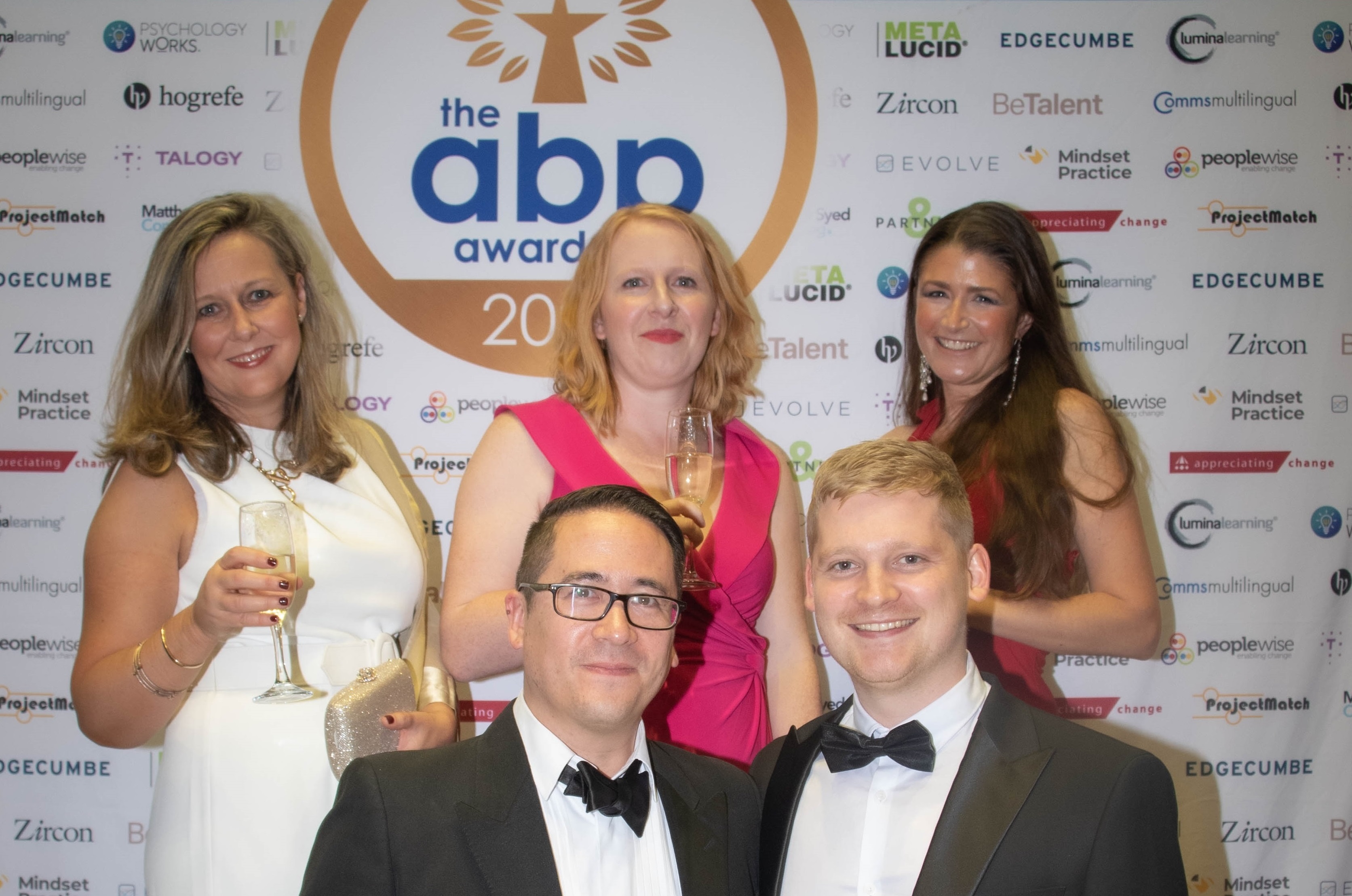People analytics is the data-driven practice of analysing employees and the people within and around an organisation, to better understand them and help executive teams make better decisions.
People analytics is focused on trying to find answers to business issues by combining both qualitative and quantitative research methods, to gain powerful insights that leaders and managers can utilise to implement changes within an organisation.
It is more than simply research methods and techniques – instead, it is an approach to business that values the importance of a happy and thriving workforce. It is an approach that truly values the power of people and is something that can be embedded into the daily culture of an organisation to help it continuously improve and grow.
Why organisations should include people analytics as part of their organisational principles
Firstly, we have witnessed an increasing level of recognition within organisations of the invaluable input that HR professionals can play in informing the wider organisational strategy, playing a more ‘strategic HR’ role. Traditionally, HR has been often siloed in structure, leading to disconnection between the micro and macro business goals and people strategy within an organisation, often looking at individuals without any context. But context is key in how individuals are likely to perform and contribute to business objectives.
People analytics can support both HR professionals and executive teams in tackling top level strategic challenges through the use of powerful people insights and can be used to tackle the big business challenges, such as “how can we scale our operations?”.
How we approach people analytics at Edgecumbe
Alongside our leadership training, assessments, engagement surveys and other consultancy services, we help our clients leverage systematic, evidence-based processes for implementing, analysing and interpreting the impact of people and leadership within an organisation.
This provides clear and actionable data to help make smart decisions about talent acquisition needs, employee training and other investments in people within the organisation.
The data collected can be used to tackle the big challenges or potential opportunities facing an organisation to ensure the right people, are placed in the right roles, at the right time. This helps contribute to winning teams that achieve business goals.
Getting started with people analytics
Like any task in business, people analytics can be broken down into different aspects of the overall system. This makes it easier to implement within the business and helps executive teams understand different areas to cover.
The analysis of leaders and leader behaviour is often one of the most influential areas that need answers. The personality, values, attitudes, cognitive abilities, and other attributes from psychometric tests, can help in the assessment of leadership. Getting the leadership right within an organisation is known to have a significant knock-on effect throughout the organisation.
Similarly, the management of people and talent within a team or organisation can reveal key insights that will allow for smarter decision making. What training is required? Where are their gaps in knowledge or expertise? Which individuals are hitting targets and providing most value for the organisation? Getting answers to these types of questions will help organisations gain context in how their people are positioned to hit targets and business goals.
Understanding how people work and their daily habits can also help understand how they may perform in other tasks.
Finally, broad organisational research, such as engagement surveys, financial performance, customer experience, advocacy and other key metrics, can be analysed to help contribute to key decisions around people within an organisation.
Once data is collected from these sorts of areas within the organisation, a predictive model can start to illustrate and indicate likely outcomes for specific areas of the business. For example, studying which activities are adding value to leadership in your organisation and which may not be working well and seeking improvements, e.g. where a leadership development programme is not resulting in improved leadership behaviour and impact.
The value created from this type of people analytics ensures organisations can access useful data and turn it into actionable insights for the leadership team.
Getting started with Edgecumbe
Here at Edgecumbe, we are passionate about helping our clients see tangible improvements in their leadership.
By combining deep insight into the domain of leadership with advanced traditional statistical methods and machine learning we can perform analyses which generate unprecedented insights into what good leadership looks like in your organisation, and how individuals and whole populations can be developed to achieve it. This is tailored specifically to your organisation’s structure, culture and objectives, and helps create detailed roadmaps for leadership teams to follow.




















